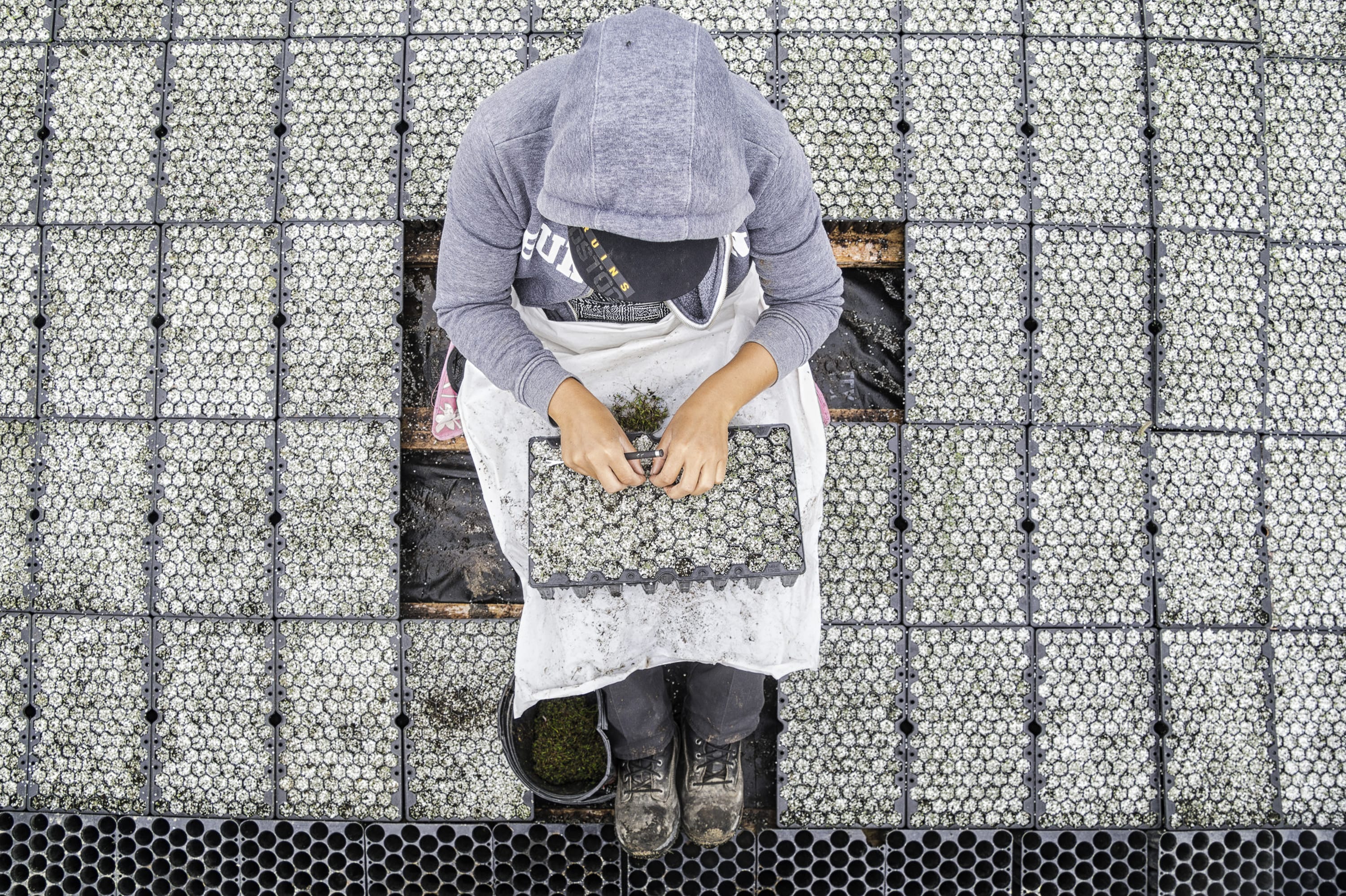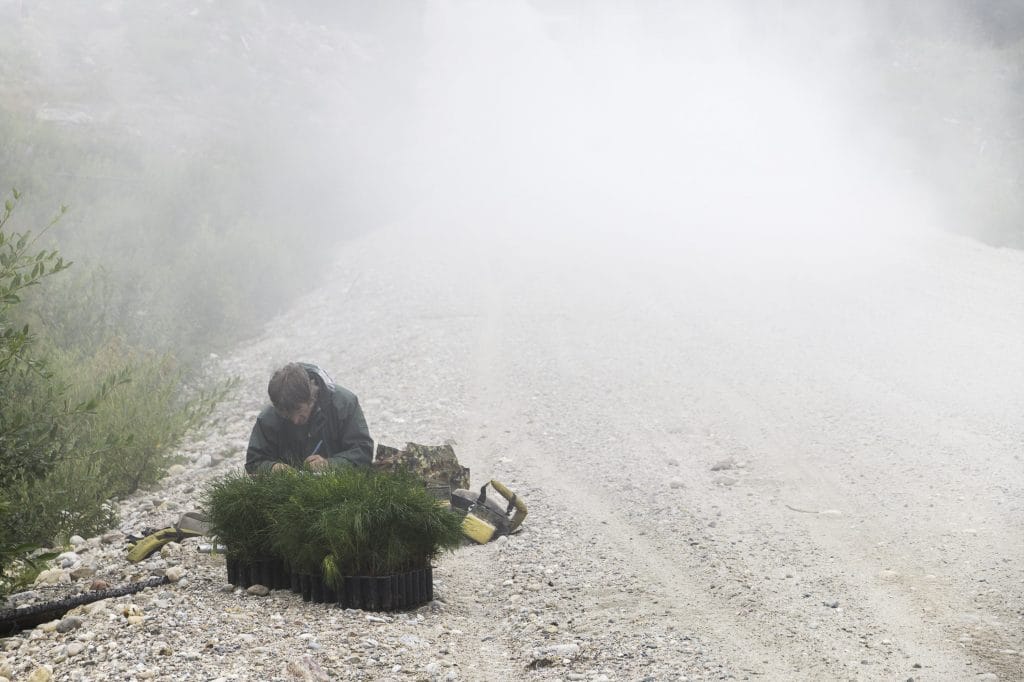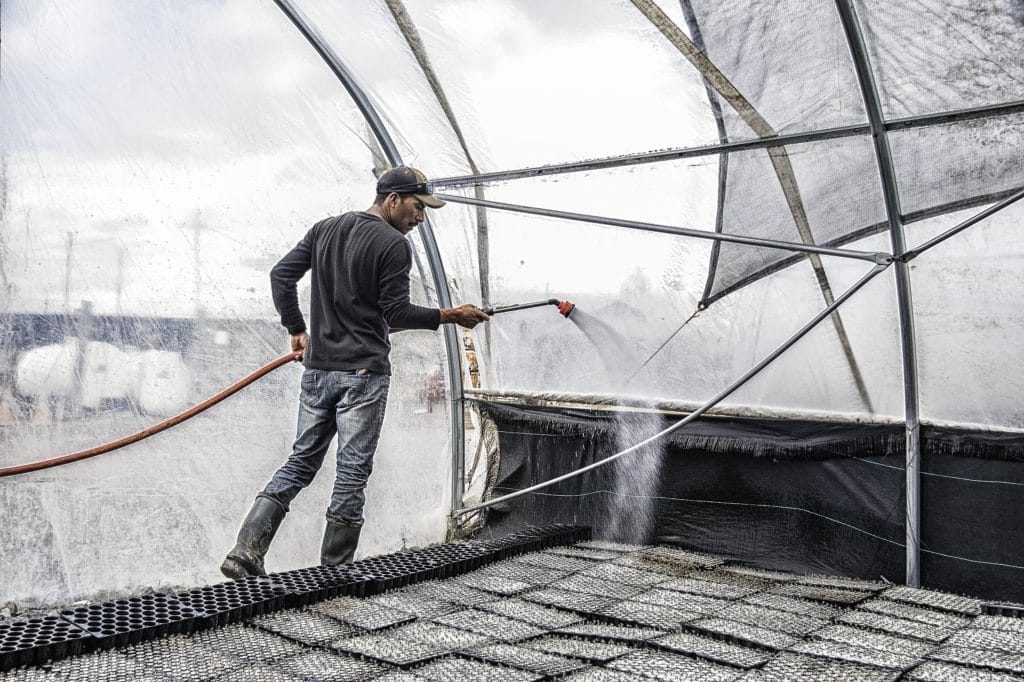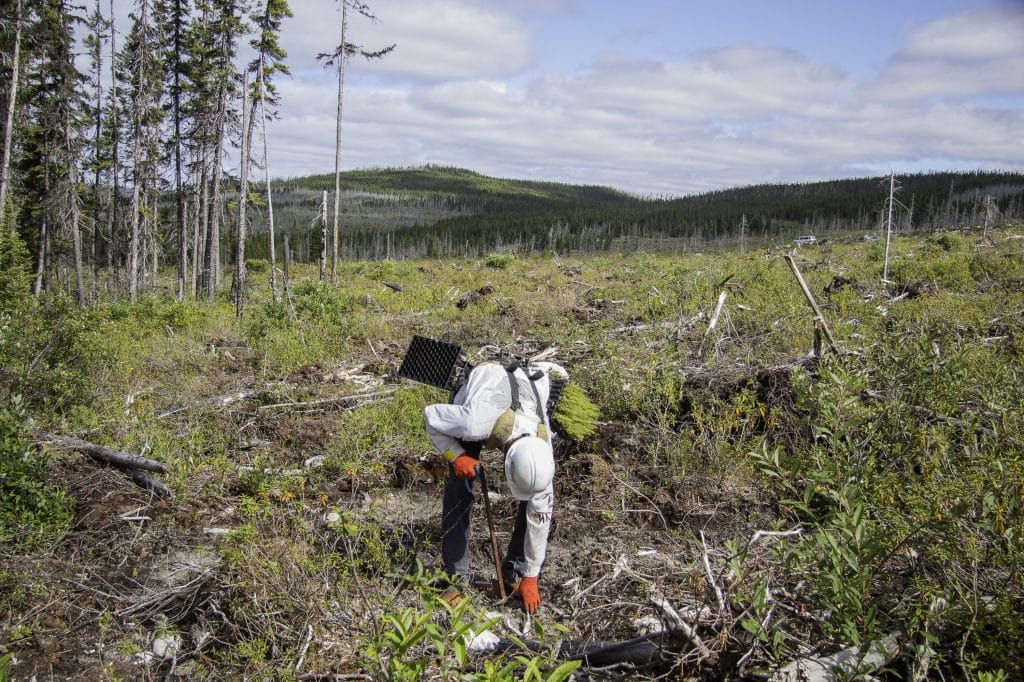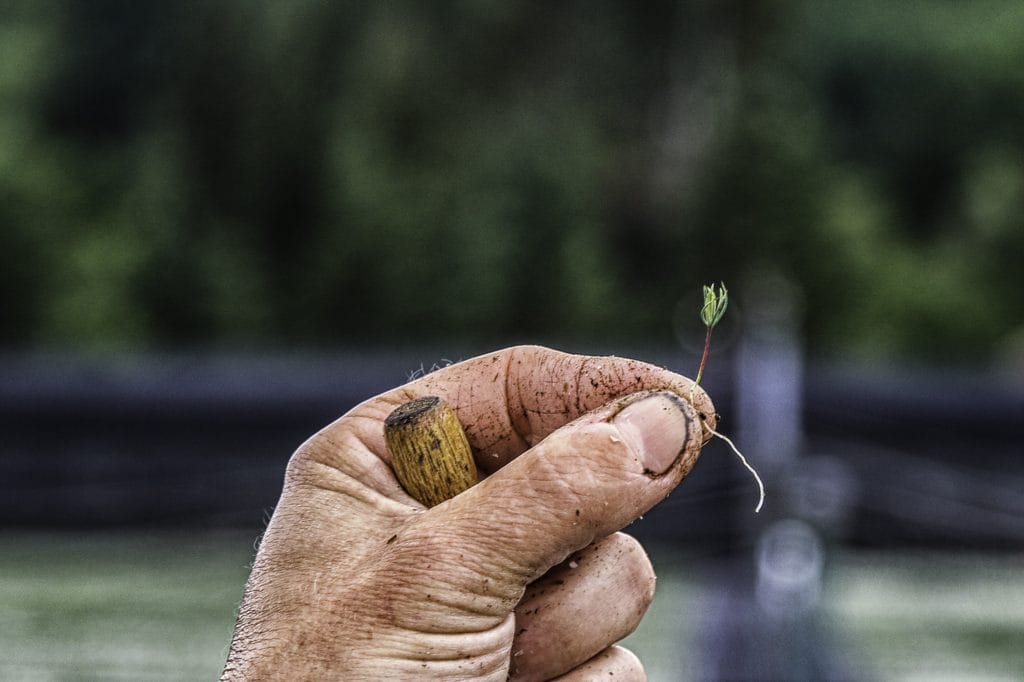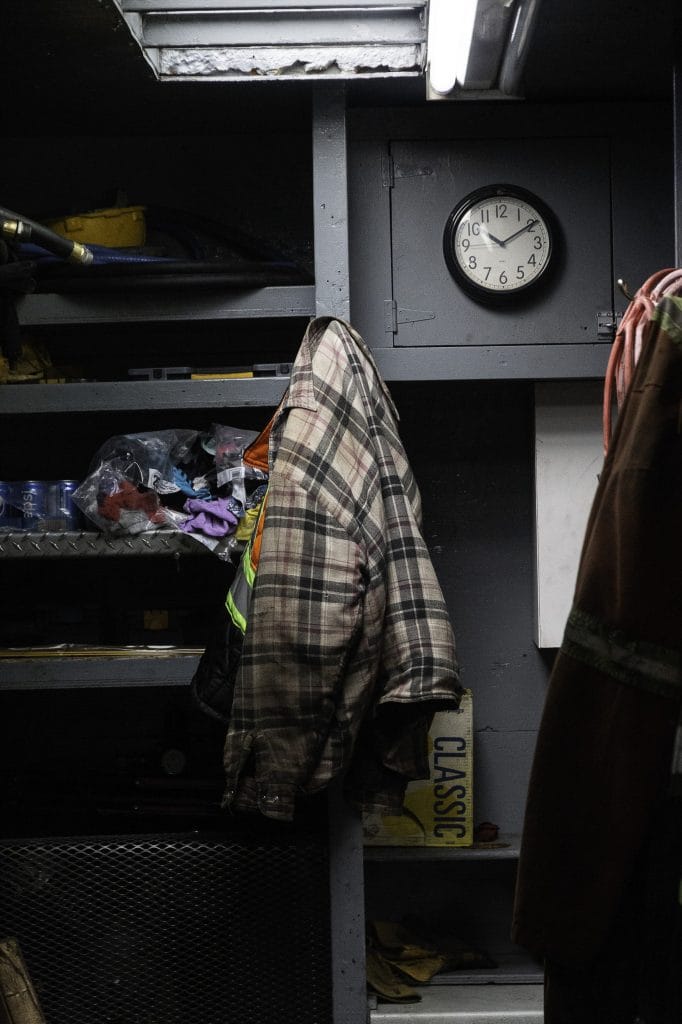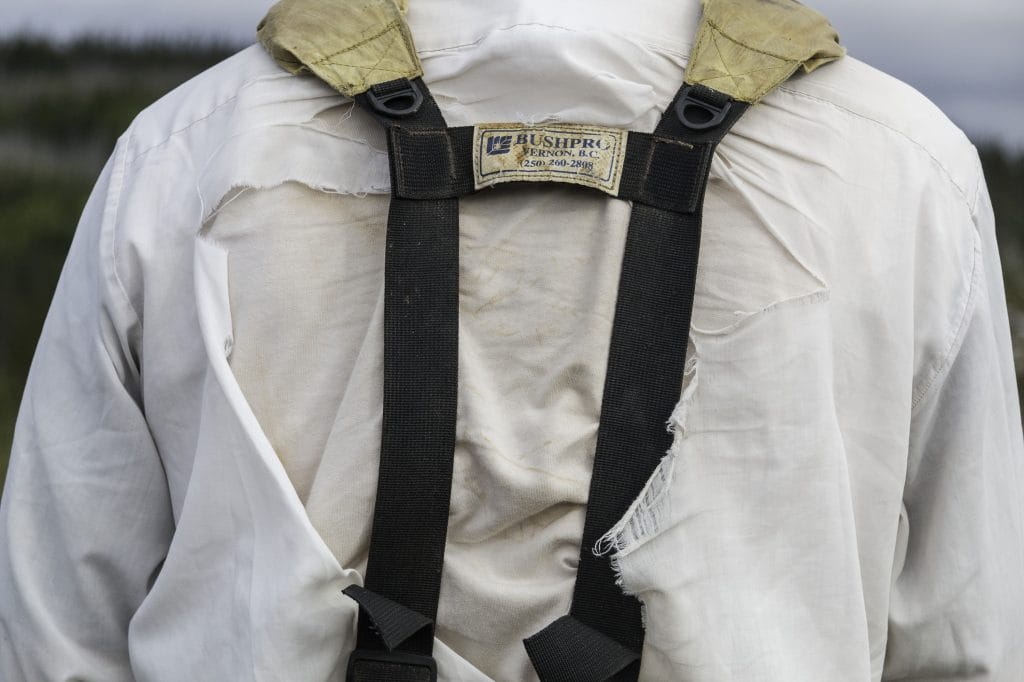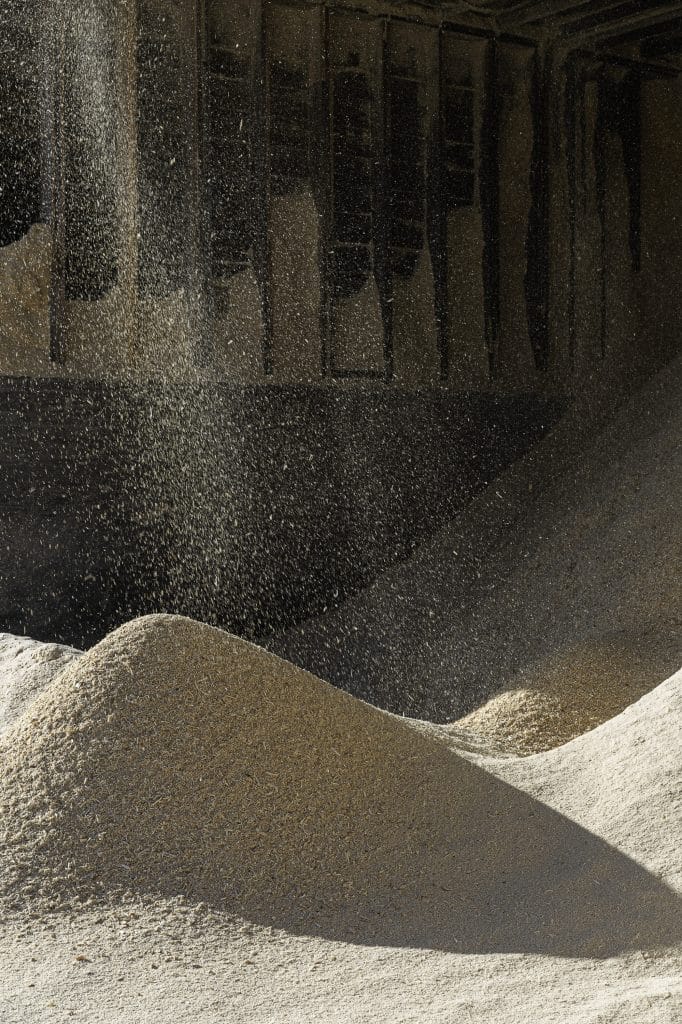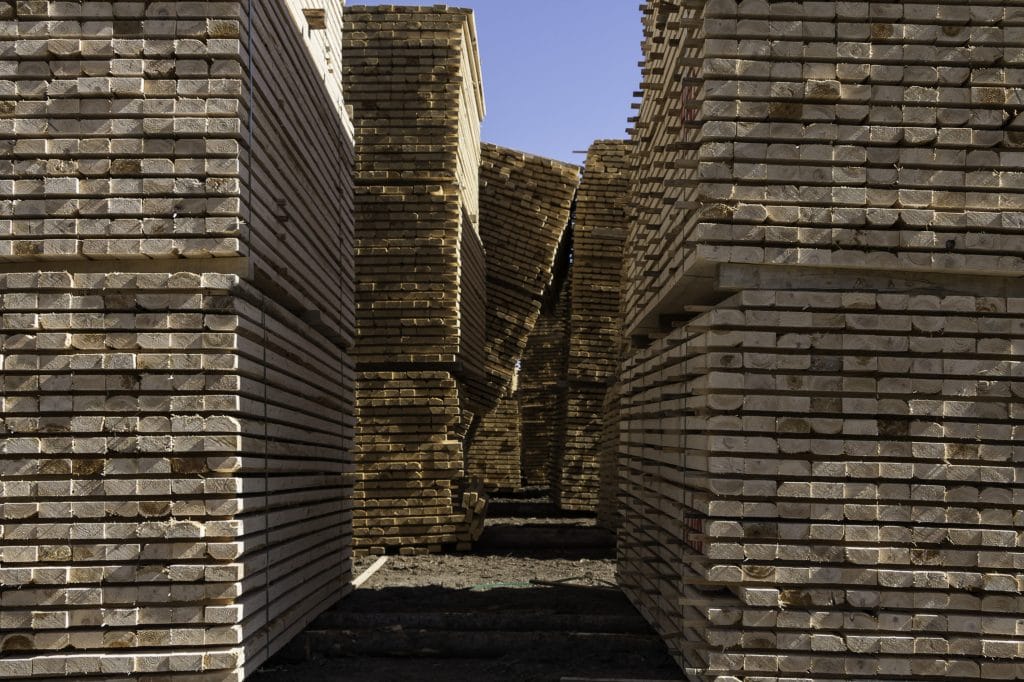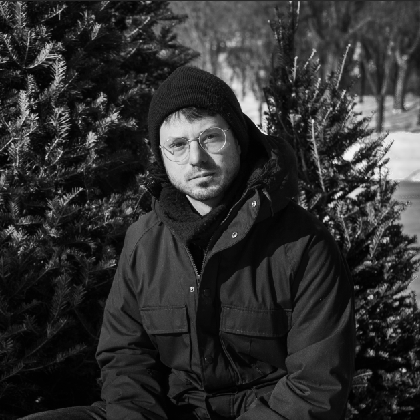The project Forest Gardener
With its 552 million hectares, Canada holds 28% of the world’s boreal zone.
The impact of the boreal forest is global, storing carbon, purifying air and water, and helping to regulate the climate. It is also essential to the national economy, its hydroelectric potential and the timber that grows there are renewable raw materials for human use. The majority (85%) of these forests are composed of black spruce. A species highly sought after for its resistance, it is in demand as much as timber for construction as for the manufacture of pulp and paper from wood chips.
The forest industry represents 25 billion dollars annually in Canada, or 1.2% of the GDP in 2018. It accounts for 7% of national exports. Far from the folkloric legends of loggers and log drivers, this industry has become much more refined.
The long-term exploitation of the forests has forced the entire industry to reforest and, by the same token, to take part in the life of the forest, to manage it. Aided by scientific developments, loggers have become gardeners. A meeting point between natural and artificial, productive forests are places where nature follows its course, guided by human management.
The photographer Sébastien Michaud has been documenting these production cycles for more than four years. His three-part reportage allows us to appreciate each stage of a tree’s life.
He was first attracted by the nurseries along the roads of the Saguenay-Lac-Saint-Jean region. The shapes created by the greenhouses and the thousands of inches planted there were the first to catch his eye. It was then towards reforestation and cutting that his camera turned.
“I’ve been immersed in the state of the forest for a few years now. But what interests me most are the workers and the work. I have a lot of respect for people who have a hard, daily job, without a break. A job that is sometimes a little ungrateful, because those who make it their job can be the target of a lot of criticism. But in fact [Saguenay-Lac-Saint-Jean] is a region where forestry work has always taken a very important place in economic and social activity. Many people pass this on from father to son or from family to family.
At the beginning in the tree nursery I would go and see people several times a week, for several weeks during the summer. But I never stayed more than 3 or 4 hours. I was mostly in contact with the owners, so it made for a more informative report.
While when I went with the reforestation workers to logging camps, I had the opportunity to spend whole weeks, from morning to evening with them. It allowed me to get a lot more privacy with these workers. It taught me a lot about these humans who decide to go to work so far away, for so long and with so much effort.
Then the third, harvesting in the forest, taught me about the relationship that the industry has with the forest. Because I didn’t think they harvested so much in the winter, I realized that it’s an industry that works 365 days a year and almost 24 hours a day.
The Forest Gardeners project is vast, as is what its author has seen over the years documenting the different facets of an industry that remains unknown to the general public. It offers an overview with varied aesthetics, ranging from observation to chronicle, always studying the complex relationship between humans and the forest.

